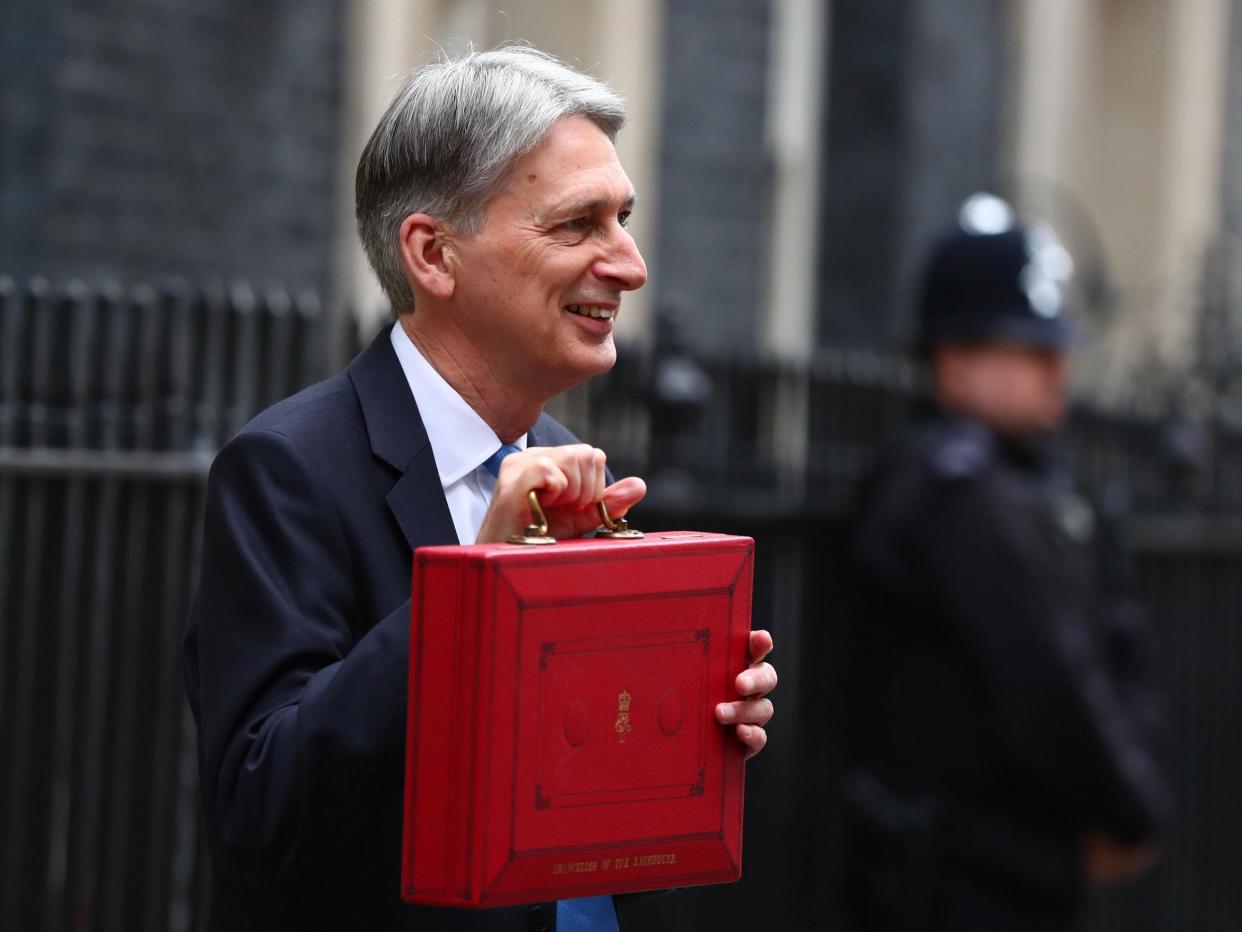The only women who won’t be adversely affected by the Budget are a select few pensioners

As was widely expected, this Budget is cautious and limited in scope. There are no grand gestures, no visionary schemes. There are small changes to a wide range of existing policies.
But the basic framework of government policy remains as before – bring the deficit down, get more people into work, make work pay. And there is little to help ordinary working families facing what the Resolution Foundation’s Torsten Bell calls “a serious living standards squeeze that none of us have seen in living memory”.
In the words of Theresa May, “Nothing has changed.”
For women, particularly those on low incomes, there is not much to enjoy in this Budget. The personal tax allowances have only been uprated in line with inflation, so will make no difference to living standards for women earning enough to pay tax.
For the thousands of women who don’t earn enough to pay tax, because they are working part time for low pay, the National Living Wage (for women under 25, the National Minimum Wage) is of more importance. The National Living Wage has been raised from £7.50 to £7.83 per hour. However, because of the UK’s poor productivity, the planned rise to £9 per hour by 2020 now won’t be achieved until 2022.
For self-employed women, already disadvantaged by being excluded from the National Living Wage/National Minimum Wage, the Chancellor’s decision to delay the abolition of Class II NI is bad news, since it means that they will continue to pay Class II NI for another year, though they have however been spared the 1 per cent rise in Class IV NI proposed in the previous Budget.
But this is only a reprieve: streamlining of national insurance will follow in due course, and self-employed women may eventually have to pay significantly more NI than they do at present.
Women are particularly badly affected by the rollout of universal credit. The Chancellor has addressed some of the criticisms of universal credit, notably ridiculously long wait times for benefits that result in some people facing eviction and others resorting to food banks.
The anomalous seven-day wait at the start of a claim will be ended. It will also be easier for people to obtain an advance on their payments, with a longer period to repay it, and the advances will be bigger.
To address concerns about rising rent arrears and evictions, housing benefit for existing claimants will continue for the first two weeks of a universal credit claim, and the DWP will also make it easier for rent to be paid directly to landlords.
But these concessions are small beer. When fully rolled out, universal credit will still leave 1 million families on average £2,800 worse off and unfairly penalise self-employed people whose earnings fluctuate. Single parents – a large proportion of whom are women – will be particularly hard hit, especially if their children are very young. And low-income families still face uncertainty over the future of free school meals.
The Government simply refuses to admit that universal credit fails to meet its stated objective of ensuring that “the most vulnerable in society are protected”.
For older women, there is a welcome announcement in the Budget. The Triple Lock has been maintained, and importantly, it will now apply to pension credit as well as the state pension. This will benefit the poorest pensioners, a high proportion of whom are women. However, there is nothing for the 1950s women currently seeking compensation for rises in their state-pension age.
Secondly, the Marriage Allowance, which transfers up to 10 per cent of an unused personal tax allowance to the spouse, can now be claimed for a spouse who has died. Claims can be backdated for four years. This could provide some relief for widows, though it won’t go anywhere near offsetting recent cuts to bereavement allowances.
There is also nothing whatsoever to address the utterly inadequate social care provision that forces many people, especially women, to give up work to care for elderly relatives. Carers remain unrecognised and largely unsupported.
Overall, this is not a woman-friendly budget.

 Yahoo News
Yahoo News 
